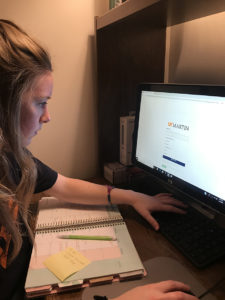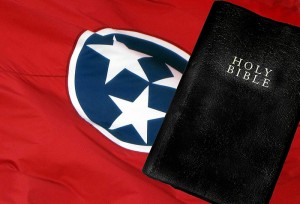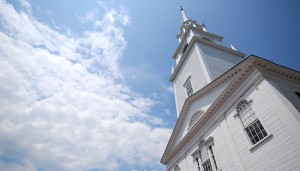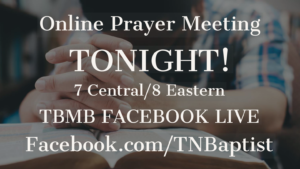Baptist and Reflector
 FRANKLIN — The Paycheck Protection Program (PPP), recently enacted by Congress as part of the $2 trillion CARES Act to relieve economic hardship caused by the COVID-19 pandemic, set aside $349 billion to guarantee loans to businesses employing fewer than 500 employees for expenses like payroll, utilities and rent or mortgage payments.
FRANKLIN — The Paycheck Protection Program (PPP), recently enacted by Congress as part of the $2 trillion CARES Act to relieve economic hardship caused by the COVID-19 pandemic, set aside $349 billion to guarantee loans to businesses employing fewer than 500 employees for expenses like payroll, utilities and rent or mortgage payments.
Nonprofits, including Tennessee Baptist churches and other religious ministries, are eligible to receive funds covering up to 2.5 times their average monthly payroll, with a cap of $10 million per loan.
The U.S. Small Business Administration released its Interim Final Rule on April 2. The SBA wrote in its report:
“All loans guaranteed by the SBA pursuant to the CARES Act will be made consistent with constitutional, statutory and regulatory protections for religious liberty, including the First Amendment to the Constitution, the Religious Freedom Restoration Act, 42 [Read more…]











